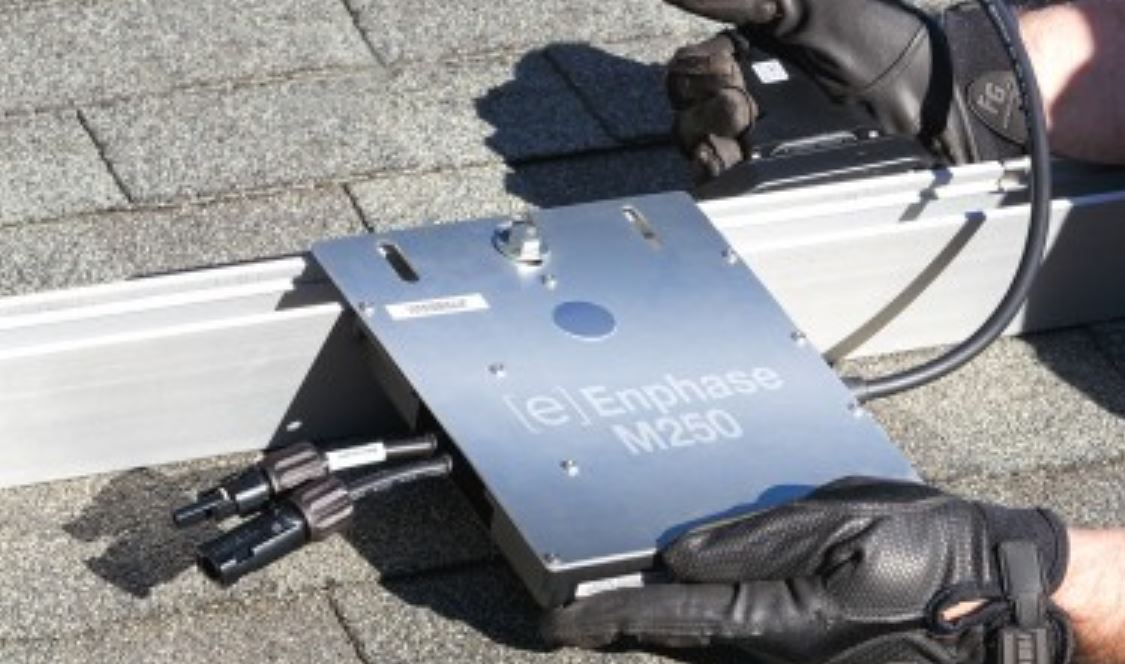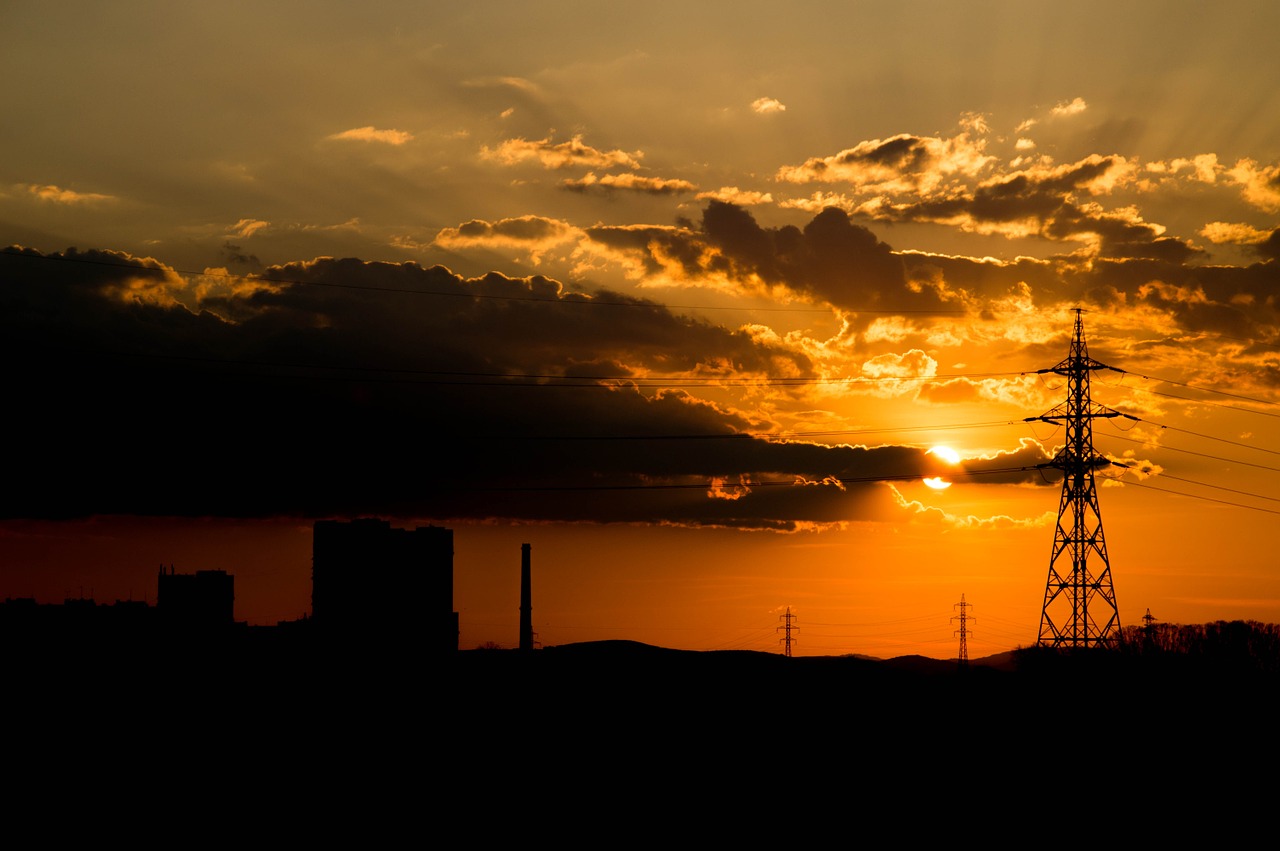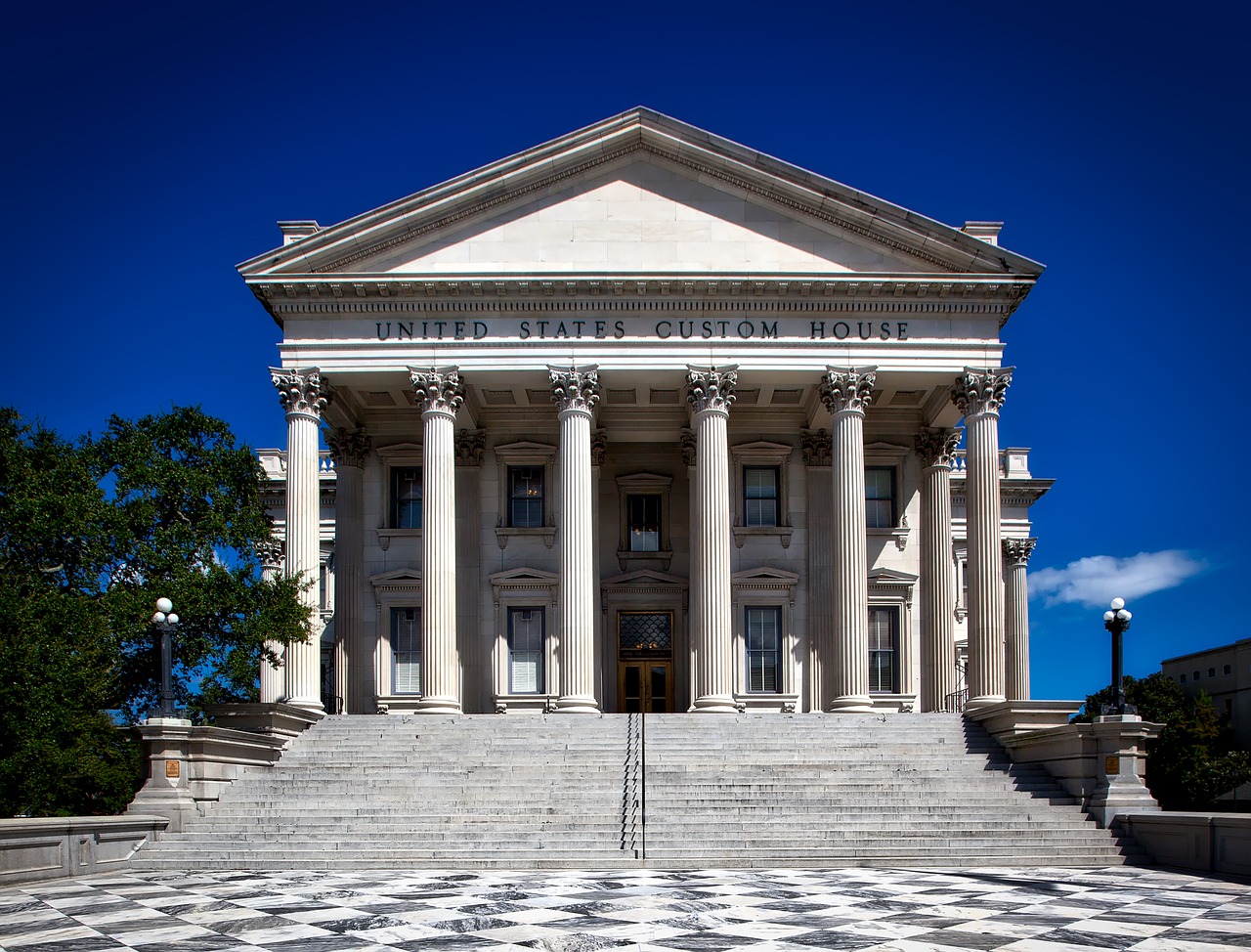By Frank Andorka, Senior Correspondent
What Happened:Reviews of Enphase’s Q1 2018 continue to be unusually positive, signaling that maybe its financial struggles may be receding in the rearview mirror.
- Roth Capital continued to cheerlead from the sidelines after switching the company’s stock to a “buy” in February.
- And the North Bay Business Journal breathlessly reported that Enphase may finally be on the brink of profitability.

SolarWakeup’s View: For me, this is a nice-time story.
Enphase was one of the first companies with whom I met when I first joined the solar industry in 2011. Their microinverter was creating quite the buzz, and they looked like a company that would make it so big in solar microinverters that they would be printing money for the foreseeable future.
But in recent years, it had struggled to maintain its marketshare in the face of stiff competition from SolarEdge. most famous within the trade media for their jugglers and unicyclists at trade shows. The fact is Enphase had lost a step, and as recently as last year some worried it would fade away entirely.
Not so any more.
After narrowing its losses and naming a new CEO from the semiconductor industry, the company seems to have found its footing. It continues to cut costs out of its business model aggressively and appears to be on the verge of making a full comeback.
I’ll admit that I have a soft spot in my heart for Enphase because of their position as one of my first contacts in this industry I’ve come to love, so I’m glad to see them make a comeback, and I’ll be rooting for them in this corner.
And I’m always in favor of more competition than less – so I’m also hoping this forces SolarEdge to up their game even further as this competition returns to health.
This article was edited on 4/17/2018 to remove a reference to Enphase avoiding the tariff web, as it has not done so – and neither has anyone else because the comment period just ended. The editor regrets the error and thanks Rob Grimaldi (@cosmosrob1) on Twitter for catching that mistake.
More:
Enphase Energy should be bought on any weakness, says Roth Capital
Enphase CEO Paul Nahi steps down during second-quarter earnings call




